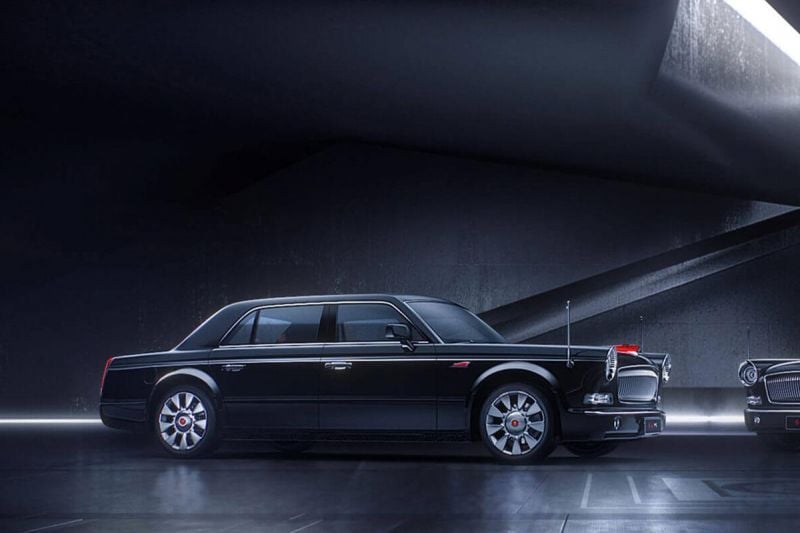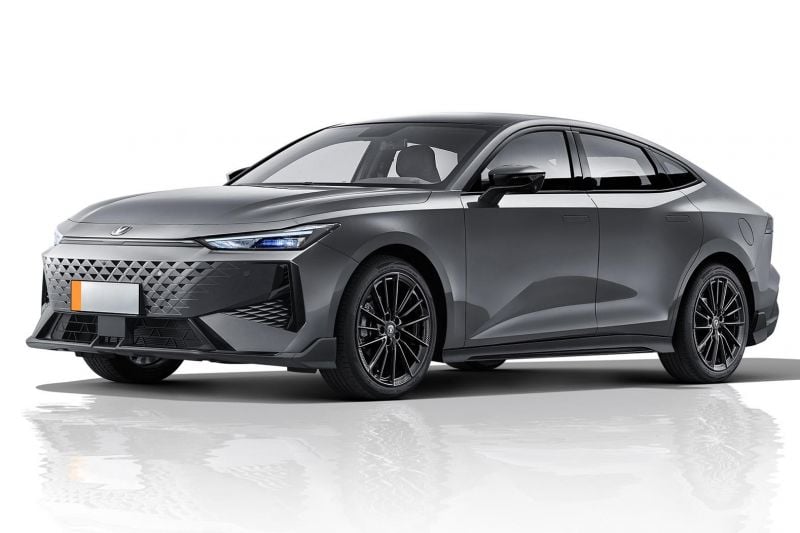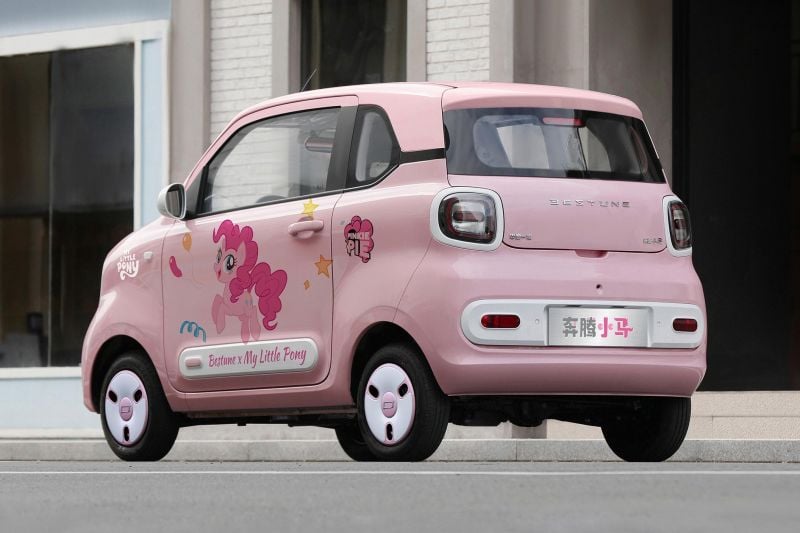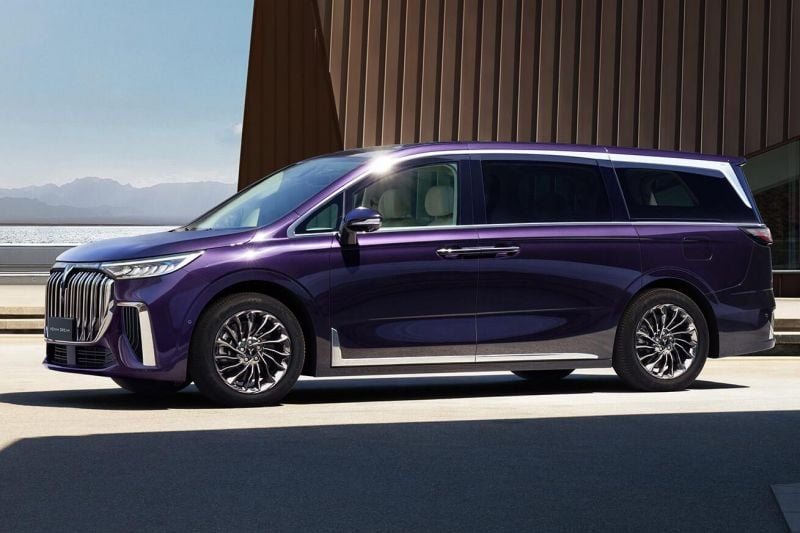The Chinese government is keen for some of its state-owned automakers to merge, specifically those which have struggled with the transition to electric vehicles and have yet to establish a successful export program.
Gou Ping, vice chairman of the council that oversees state-owned assets, told publications, including the Nikkei, there needs to a strategic realignment of the country’s state-owned car makers so they can spend development and manufacturing money better, as well as target foreign markets.
Although he didn’t call out any carmakers by name, it’s widely understood he was referring to Changan, FAW and Dongfeng.
100s of new car deals are available through CarExpert right now. Get the experts on your side and score a great deal. Browse now.
-
SAIC Buick Regal
Since 2017 Changan, FAW and Dongfong have been jointly developing EVs and their associated technology. Changan and Dongfong both put out press statements in February this year stating they would “restructure” with another unnamed state-owned firm, leading to speculation the two companies would soon merge.
Prior to surge in electric vehicle demand, these three, along with SAIC, formed China’s “big four” carmakers, and all are state-owned.
Ever since the country re-embraced capitalism in the 1980s and 1990s, various regionally-run state-owned firms have benefited from rules requiring foreign automakers to have a co-equal local manufacturing partner in order to produce cars inside China.
-

Hongqi official state car
Early movers in the market, such as Volkswagen, Audi and Buick, secured hefty market shares. Recent advances in EV technology, and much improved local design and engineering, have seen privately-started firms burst into the public consciousness, and grab significant sales both at home and abroad.
Most notably BYD has gone from a purveyor of thinly-veiled knock offs to topple Volkswagen to become China’s top-selling marque in 2023. In 2024 it nearly pipped Tesla to the title of world’s most popular EV marque.
While SAIC, through its MG and LDV/Maxus brands, has been able to ride the wave with competitive electric offerings and success in export markets, Changan, FAW and Dongfong haven’t been as lucky.
-

Changan Uni-V
Established in 1862 as an arms manufacturer, Changan predates Communist China by 87 years. Headquartered in Chongqing, in the centre of the country, the company didn’t dip its toe into the automotive waters until the early 1980s when it entered into a joint venture with Suzuki. That partnership was dissolved in 2018, but Changan continues to produce cars in conjunction with Ford and Mazda to this day.
Changan also produces cars under its own brand, as well as the Deepal and Avatr marques. Deepal launched in Australia in 2024, and is currently expanding its dealer network and range.
-

Bestune Pony
FAW, or First Automotive Works, was the first automaker created by the Communist government and is based in Changchun, about four hours drive from the North Korean border. Gazetted in 1953, the automaker initially concentrated on trucks, but towards the end of the 50s it branched out into passenger cars with the Hongqi marque.
Until the last decade or so, Hongqi has primarily created luxury vehicles for senior government officials, as well as for the president and state events. Other brands run by FAW include Bestune and Jiefang, and the company currently sells FAW trucks in Australia. FAW produces cars in alliance with Toyota and Volkswagen/Audi.
-

Voyah Dream
Dongfeng was founded in 1969 as a truck maker. In the 1990s the Wuhan-based firm began to aggressively pursue joint ventures with foreign brands. To this day it maintains partnerships with Honda, Nissan, and Peugeot-Citroen. It previously was a manufacturing partner for Kia and Renault.
It currently produces cars under its own brand, as well as Voyah and M-Hero.
Although Dongfeng’s export reach is limited, the company did garner some international fame in 2014 when it and the French government each stumped up €800 million ($1.4 billion) to rescue PSA Peugeot-Citroen. For its efforts, Dongfeng gained a 14.1 per cent stake in PSA. Since PSA’s merger with Fiat Chrysler to form Stellantis in 2021, Dongfeng has gradually reduced its stake in the French-Italian-American automaker to around one per cent.


